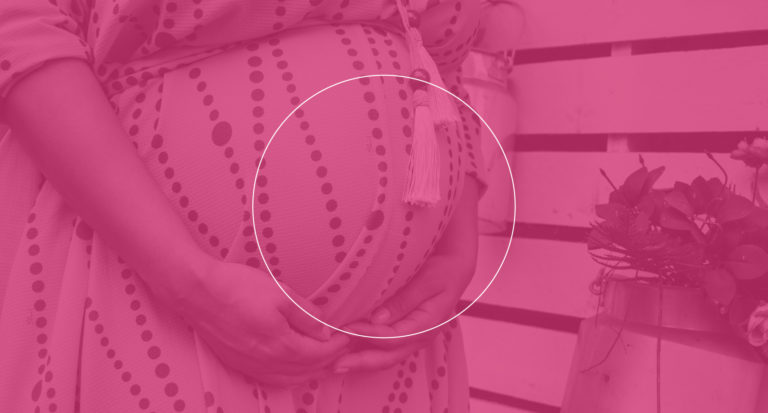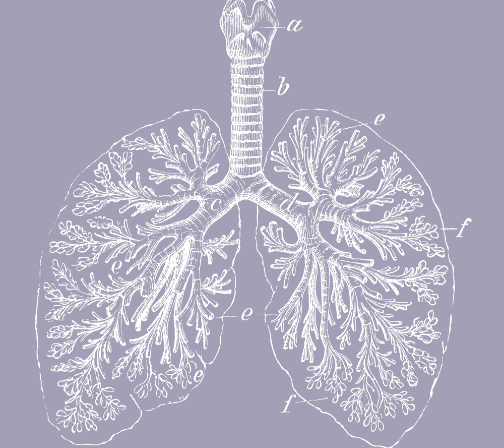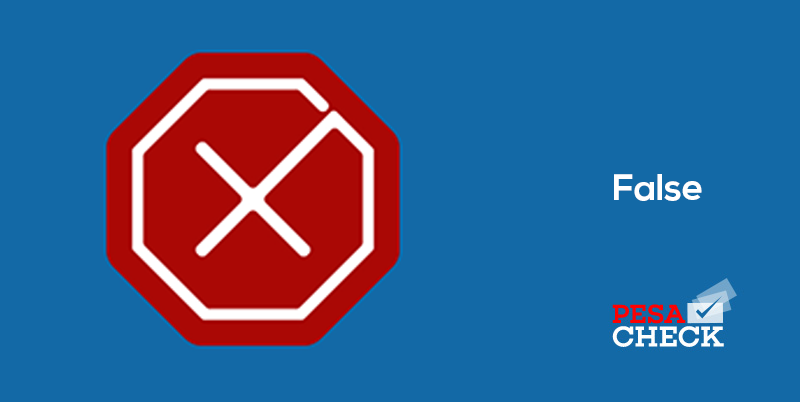


Subscribe
Data delivered to your inbox. Keep up with the latest developments.The claim, made on Facebook, is not supported by research.

A Facebook post claiming that pregnant mothers are more likely to contract COVID-19 is FALSE.
Responding to comments on his own post, the author says he got the information from KTN News, a television news bulletin broadcast by Nairobi-based Standard Media Group. He makes no mention of the research it is based on or the organisation that conducted it.
Pesacheck got in touch with KTN News, who confirmed that they published a story by Reuters, on their print publication, The Standard. The story, however, shines a spotlight on the plight of expectant women in malaria-prone areas during the COVID-19 pandemic given that pesticide spraying to kill mosquitoes has been suspended due to lockdowns.
According to the article, a combination of these factors is what puts them at a higher risk of contracting both malaria, COVID-19 or even vulnerable to misdiagnoses as the two diseases carry similar symptoms, rather than the mere fact that they are pregnant as claimed.
Although pregnancy does cause changes in the body and immune system, making expectant mothers more susceptible to some respiratory infections, the World Health Organization (WHO) says there is currently no evidence that they are more prone to COVID-19 than the general population.
WHO adds that research is still underway to understand the full impact of COVID-19 infection on pregnant women, but in the meantime, urges them to take the same precautions to avoid the virus as other people.
These include washing hands with soap or sanitising with an alcohol-based rub, maintaining social distancing, avoiding touching eyes, nose and mouth, and seeking medical attention early if one has a fever, cough or difficulty in breathing.
There is also no evidence that COVID-19 can be passed from an expectant mother to her child either during pregnancy, at the time of delivery, or through breastfeeding.
PesaCheck has looked into the claim that pregnant mothers are prone to COVID-19 and finds it to be FALSE.
This post is part of an ongoing series of PesaCheck fact-checks examining content marked as potential misinformation on Facebook and other social media platforms.
By partnering with Facebook and similar social media platforms, third-party fact-checking organisations like PesaCheck are helping to sort fact from fiction. We do this by giving the public deeper insight and context to posts they see in their social media feeds.
Have you spotted what you think is fake news or false information on Facebook? Here’s how you can report. And, here’s more information on PesaCheck’s methodology for fact-checking questionable content.
This fact-check was written by PesaCheck Fact-Checker Simon Muli and edited by PesaCheck Deputy Editor Rose Lukalo.
The article was approved for publication by PesaCheck Managing Editor Eric Mugendi.
PesaCheck is East Africa’s first public finance fact-checking initiative. It was co-founded by Catherine Gicheru and Justin Arenstein, and is being incubated by the continent’s largest civic technology and data journalism accelerator: Code for Africa. It seeks to help the public separate fact from fiction in public pronouncements about the numbers that shape our world, with a special emphasis on pronouncements about public finances that shape government’s delivery of Sustainable Development Goals (SDG) public services, such as healthcare, rural development and access to water/sanitation. PesaCheck also tests the accuracy of media reportage. To find out more about the project, visit pesacheck.org.
PesaCheck is an initiative of Code for Africa, through its innovateAFRICA fund, with support from Deutsche Welle Akademie, in partnership with a coalition of local media and other civic watchdog organisations in 14 African countries.








